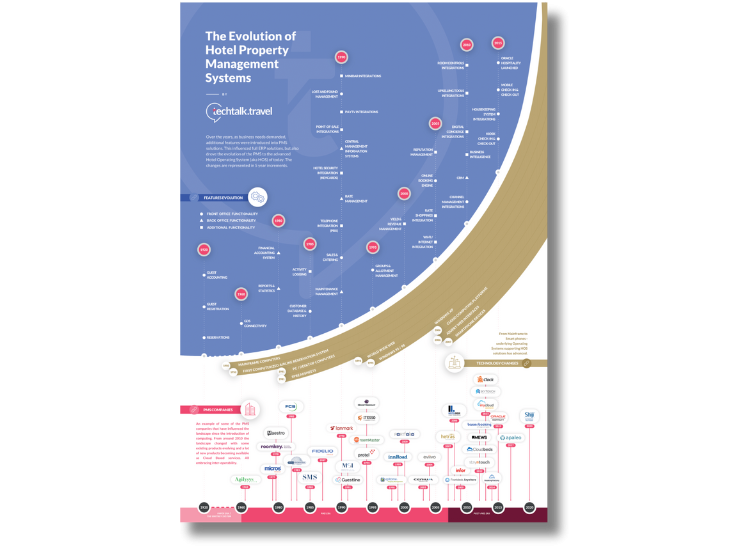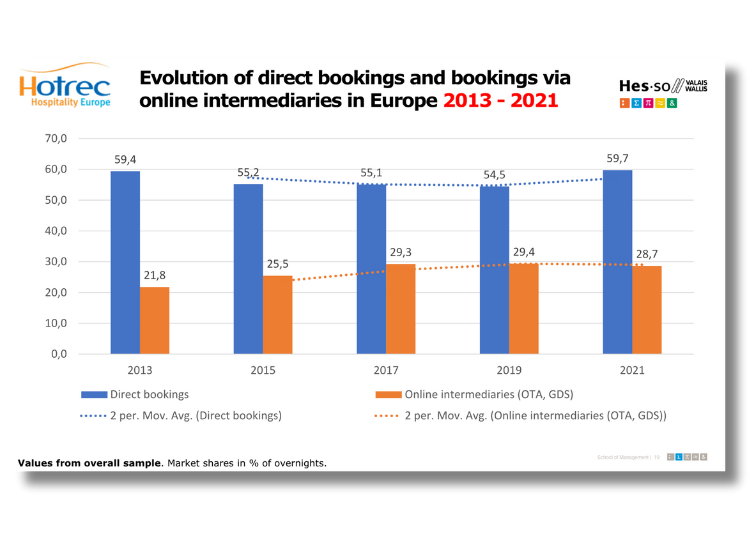Central Data Management: Crafting a Unified Hotel IT Ecosystem
The Bedrock of a Guest-Focused IT Strategy
At the core of modernizing hotel IT infrastructure is the implementation of a Central Data Management (CDM) solution, pivotal for transforming disparate data into coherent, actionable guest insights. This system, augmented by Data Quality Management (DQM), ensures real-time data consolidation and purification, facilitating personalized guest interactions and services.
Seamless Integration: CRS and the Importance of Unified Guest Profiles
The Central Reservation System (CRS), alongside Channel Managers and Internet Booking Engines (IBE), constitutes the next critical layer. Its seamless connection with the CDM is crucial to avoid the pitfalls of fragmented guest profiles, ensuring that personalized, appealing offers reach every guest based on accurate, real-time insights drawn from the CDM.
Reimagining the Role of PMS: Focusing on Property, Not Guest Management
The Property Management System (PMS) reverts to its foundational role in managing physical property needs, such as inventory and housekeeping, distancing itself from direct guest profile management. Yet, its real-time linkage to the CDM is vital, enhancing operational efficiency and elevating the guest experience through seamless data exchange.
Navigating the Future of Hotel Tech: Dr. Michael Toedt on Evolution and Complexity
Dr. Michael Toedt posits that as technology evolves—incorporating AI, automation, and machine learning—hotels face both simplification and complexity. Success hinges on becoming more tech-savvy, critically evaluating technology investments through the lens of cost-efficiency, profit generation, and alignment with a guest-centric IT strategy, thus navigating the current turbulent landscape effectively.



